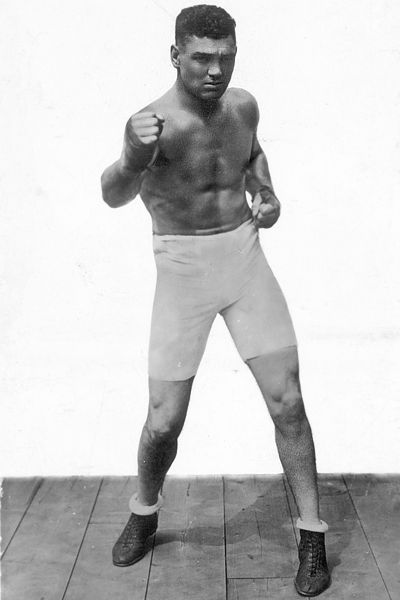Originally posted by Facade
View Post
To give some illustration of my specific issue, For my first two fights I swore by rolling into the gym after my boxing training and hitting 100 pull-ups, 100 dips, 300 push-ups, 300 abs. I'd throw in weightlifting with a theory around low weight and high reps (20-25). Combined with my 3 day per week sprint training up a big hill and vegan diet (I was on a vegan protein powder as well), I nearly fell out of the weight class by weighing in at 211 lbs and 215lbs before each fight. Given that I'm 6'4", I figured I was doing something wrong, but since I had good cardio and won the decisions I thought my workout routine was right.
I had to take a layoff and I'm now at 250lbs, which I think is awesome, but I'd like to get rid of the non-functional weight around my stomach obviously and lower the bodyfat and just maximizing my strength and muscle while keeping this weight so I can have some KO power in my next bout. I'm really not trying to **** this up now that I have the weight and can be a big heavyweight, but just can't find solid answers on this balancing act that occurs with the body.








Comment